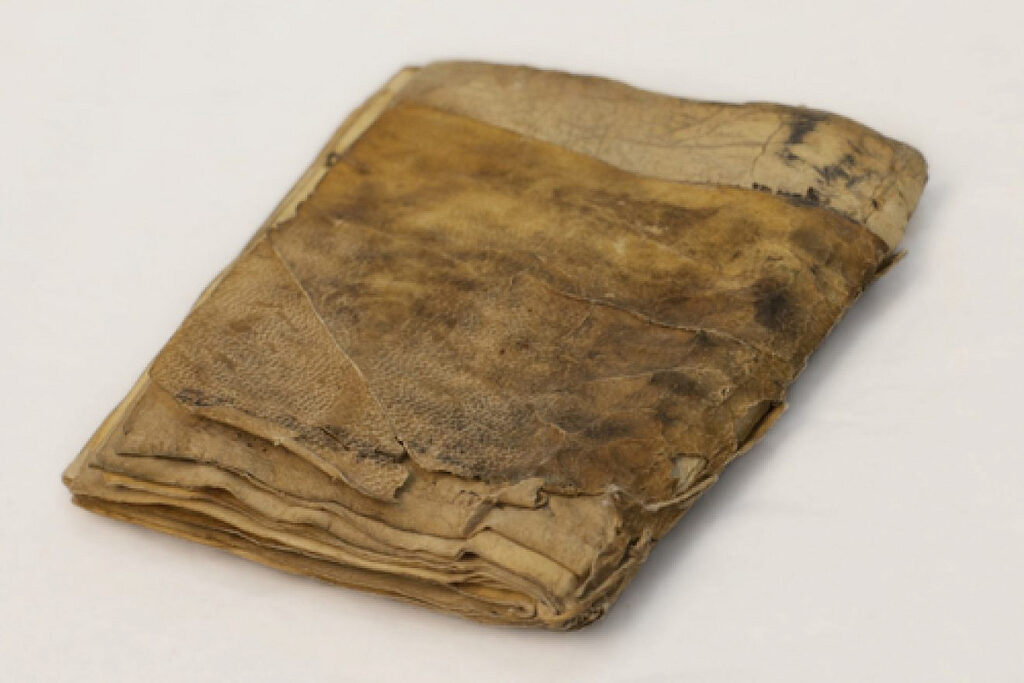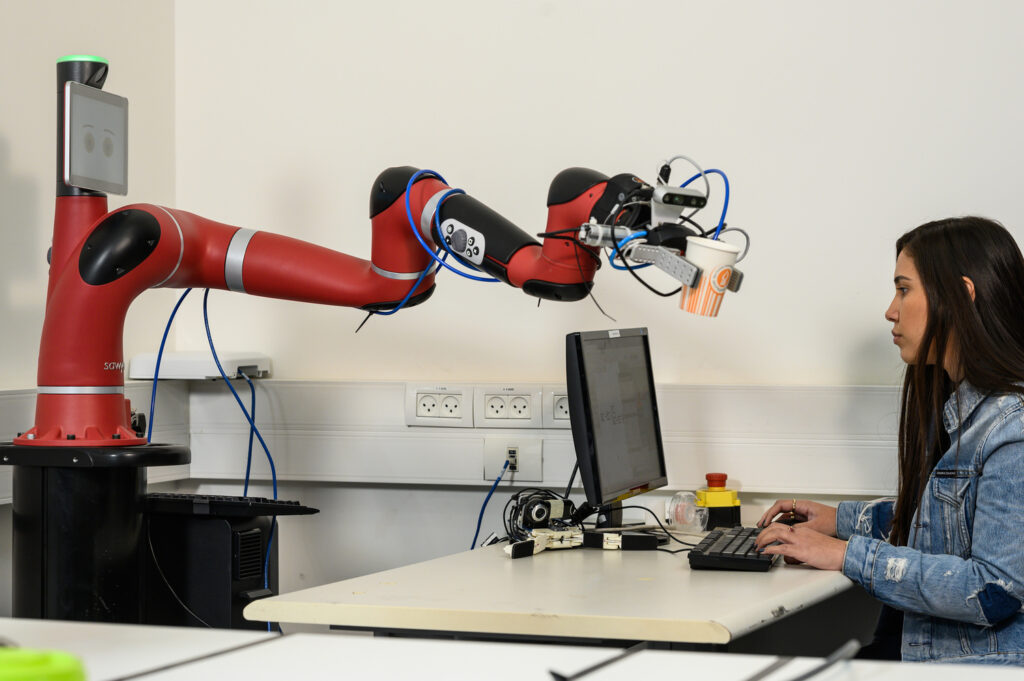
Make Way for Israel’s Own “Nano-Bio” Valley
Make Way for Israel’s Own “Nano-Bio” Valley
August 14, 2008
Medical Research, Natural Sciences, Robotics & High-Tech
Imagine a “spaceship” so tiny that it could travel through the human body to pinpoint and release drugs to kill cancer cells or use tools to unclog arteries in the heart. It may sound like science fiction, but according to a physicist from Ben-Gurion University of the Negev in Israel, the idea lies in the realm of possibility in the near future.
That’s because of a science called nanotechnology, the study and use of matter on an extraordinarily small scale.
“If you take a millimeter and you divide it a million times, then you get to our kingdom, where we play the game,” said Ron Folman, 44, a professor at BGU.
Folman recently spoke to the American Associates, Ben-Gurion University of the Negev at a brunch on the 57th floor of Two Liberty Place in Center City, trying to gain support for the university and its nanotechnology programs.
With the ability to control and use atoms, researchers can eventually create super-strong but lightweight materials for use in the construction or aerospace industries, according to Folman. The science could also help produce “smart clothing.”
“When you wear a shirt, it will feel the heat of your body,” said the professor. “If you’re too hot, it will be very airy. If you’re too cold, it will be isolating.”
In his own research at BGU, Folman said that he works with materials smaller than one nanometer — one billionth of a meter — such as atoms and molecules. He and his associates attempt to “communicate” with atoms in an effort to make them do things, like measure time or formulate calculations.
“We are building a dictionary from human language to atom language,” he explained. “If you want the atom to calculate, you have to say it in atom language. Perhaps we should have been in the linguistics department.”
By looking at the history of personal computers — which have gone from room-sized creations to desktops to laptops to hand-held devices — it’s evident that creating smaller machines is not just ideal, but essential.
“We are hitting a wall because our machines can’t go farther down” in size, explained Folman, adding that “the only way we can go farther down is by asking the atoms themselves to self-assemble.”
The professor said that nanotechnology “will explode in a positive way in 10 to 20 years,” so he and other organizers at BGU are hoping to attract private businesses to the Negev to start a “Nano-Bio Valley,” modeled after Northern California’s “Silicon Valley.”
“Just as silicon technology was the beginning of a huge economic engine — of course, only time will tell — many people believe that nano-bio will have the same kind of impact, if not larger,” he said. “Therefore, if this hypothesis is correct, we definitely have to develop an industry that deals with nano-bio and the best place for such industry is next to a campus.”
Folman also stated that the lightweight and strong elements created through nanotechnology can eventually foster help for the environment.
“Solar panels will have completely new materials that will make them more efficient and cheaper,” he said.
He also stressed that the science could make it cheaper to disseminate water to arid or impoverished regions.
“I would say this is now one of the most important things technology can provide for mankind. So many communities do not have enough available clean water — for agriculture or even for drinking,” he said.
“If we manage to really make water dissemination — through nanotechnology — into something that is economically viable, that would be a major achievement, and I think we’re not far from that.”



